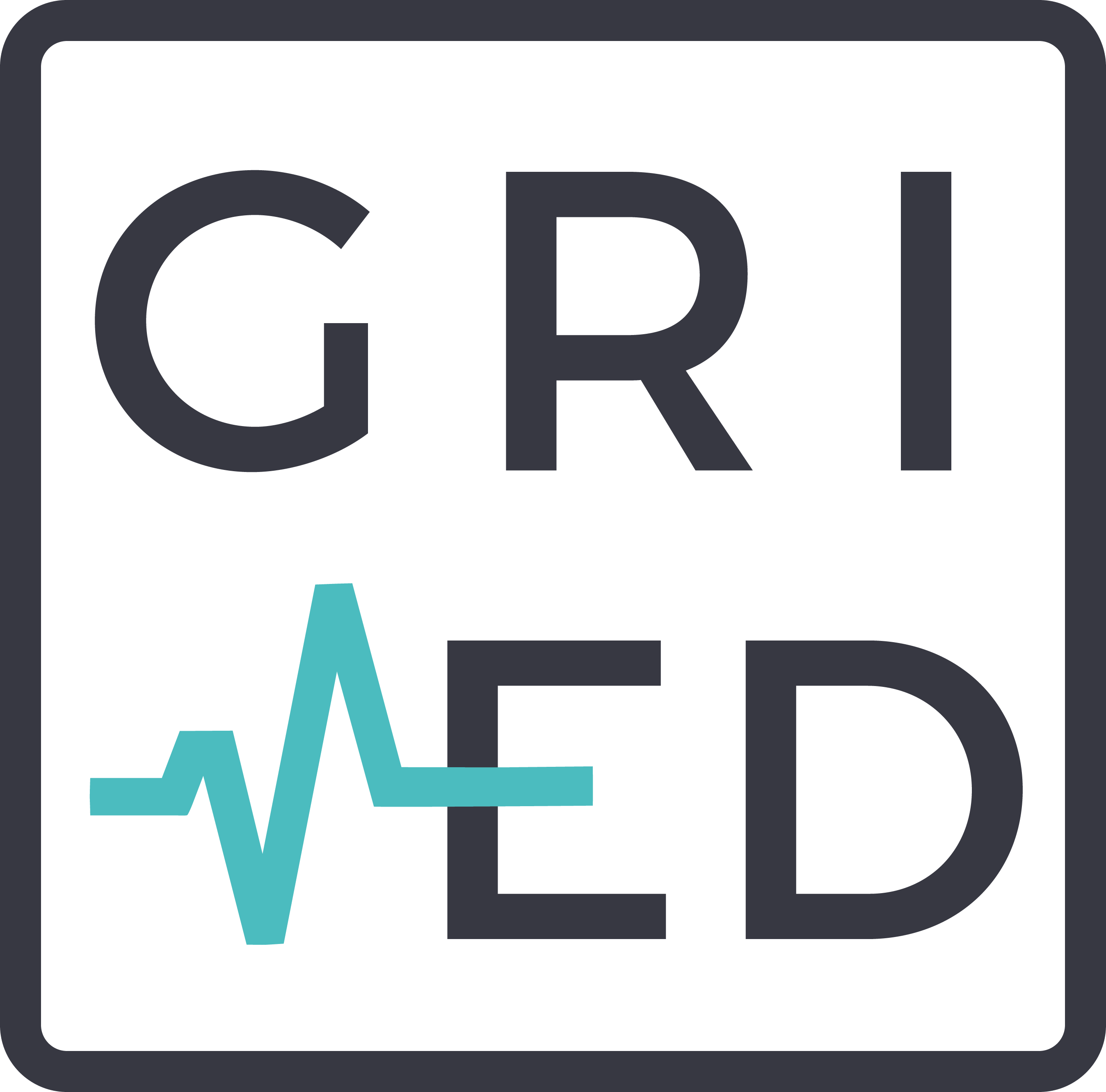- Plasma potassium
- ECG monitoring
Management of Hyperkalaemia

- Exclude spurious hyperkalaemia (venous blood gas sample in emergency or seek advice from biochemistry) and check for ECG changes.
- Identify and treat underlying cause where possible:
- Potassium supplements, ACE inhibitors, potassium-sparing diuretics and spironolactone should be discontinued.
- Renal failure - consider referral to renal unit.
- Hypovolaemia - consider volume expansion with IV sodium chloride 0.9%.
- Severe acidosis (often associated with renal failure).
- Hypoaldosteronism e.g. Addison's disease.
- If hyperkalaemia remains unexplained, more specialised investigation may be appropriate. Advice may be obtained from your local Biochemistry Department.
1. Confirmed plasma K+5.5 - 6.5 mmol/L
Calcium ResoniumR oral 15g three times daily (in water not fruit juice)
- Calcium Resonium will not lower potassium acutely. It is only licensed for hyperkalaemia due to anuria or oliguria.
- Resonium A can be used if there is a risk of hypercalcaemia.
- Monitor plasma K+ < 5.5mmol/L
2. Confirmed plasma K+ > 6.5 mmol/L and/or ECG changes
(Although treatment should not be dleayed, result should be confirmed):
10 ml calcium gluconate 10% - slow IV injection over 5 - 10 minutes given by a doctor (to antagonise the effect of potassium on the heart).
8 units soluble insulin (ActrapidR) in 100ml IV glucose 20% vial over 30 minutes (to move potassium into the cells). This may be repeated once and/or followed by an infusion of the same mixture 5 -10 ml/hour.
and/or
5-10mg nebulised salbutamol
- Calcium gluconate may be repeated after 5 minutes if ECG changes persist.
- Check plasma K+ and glucose one hour after glucose/insulin infusion.
- Glucose/insulin infusions should be repeated until plasma K+ < 6.5 mmol/L.
- Hyperosmolal glucose infusions should not be used in diabetic ketoacidosis.

